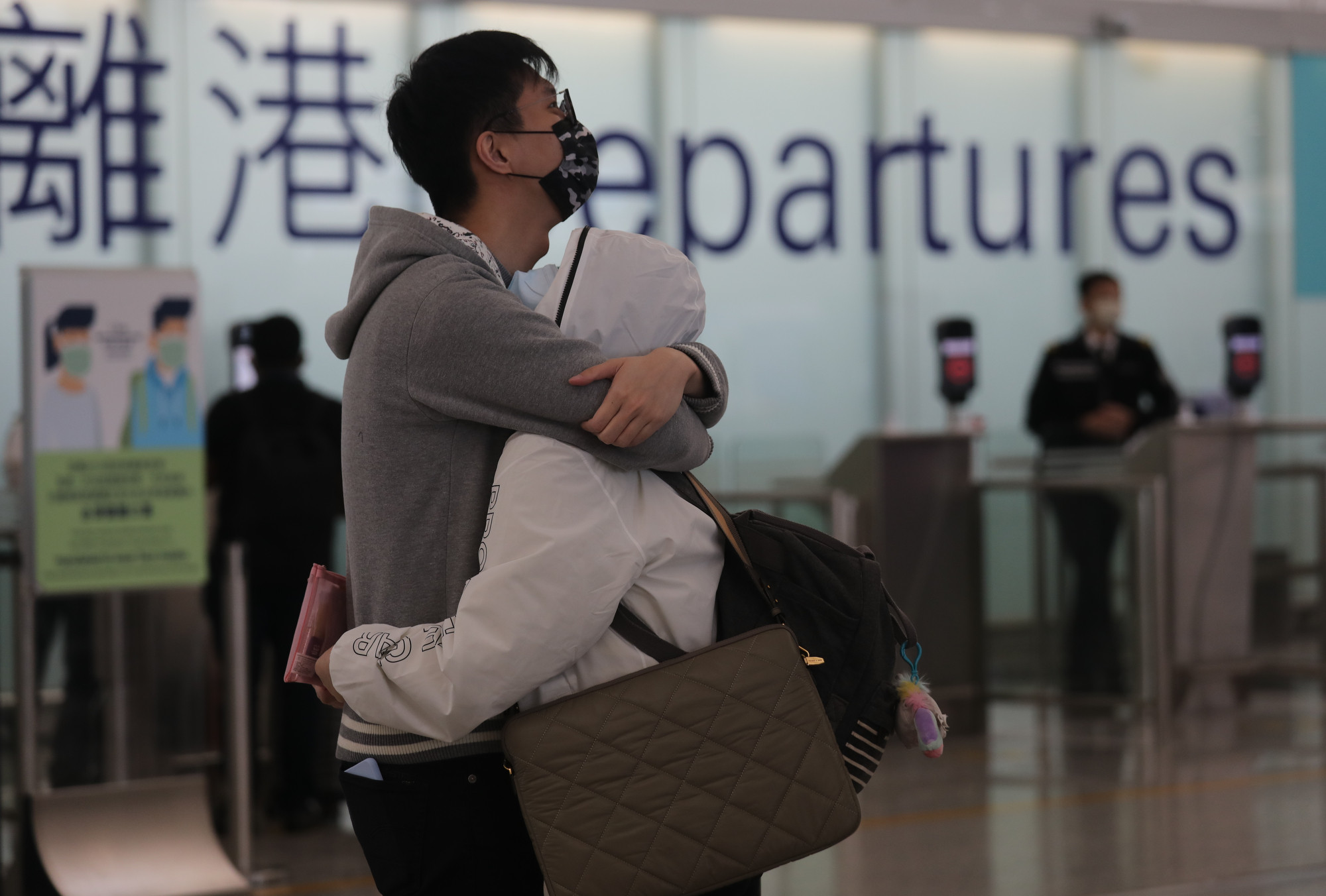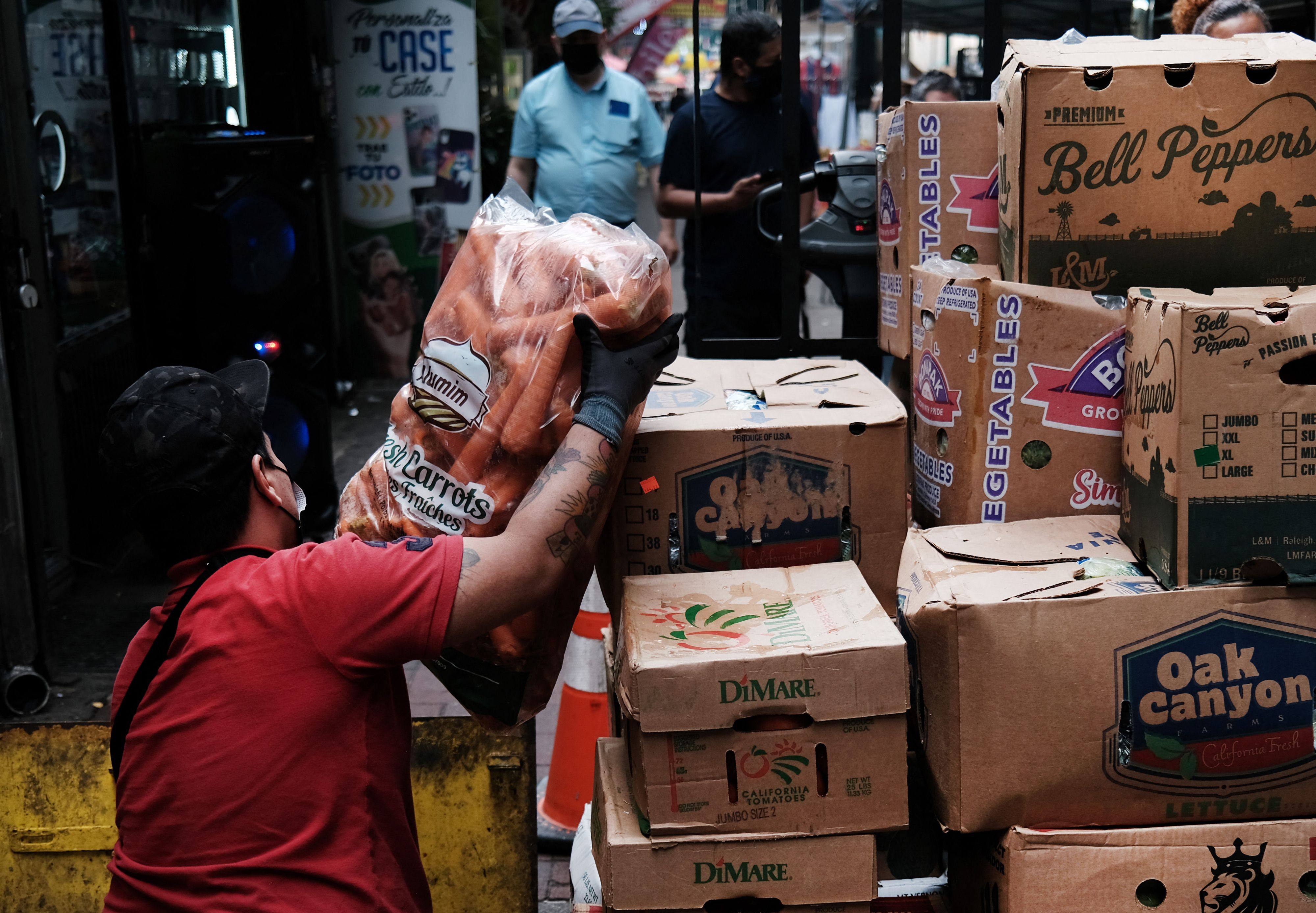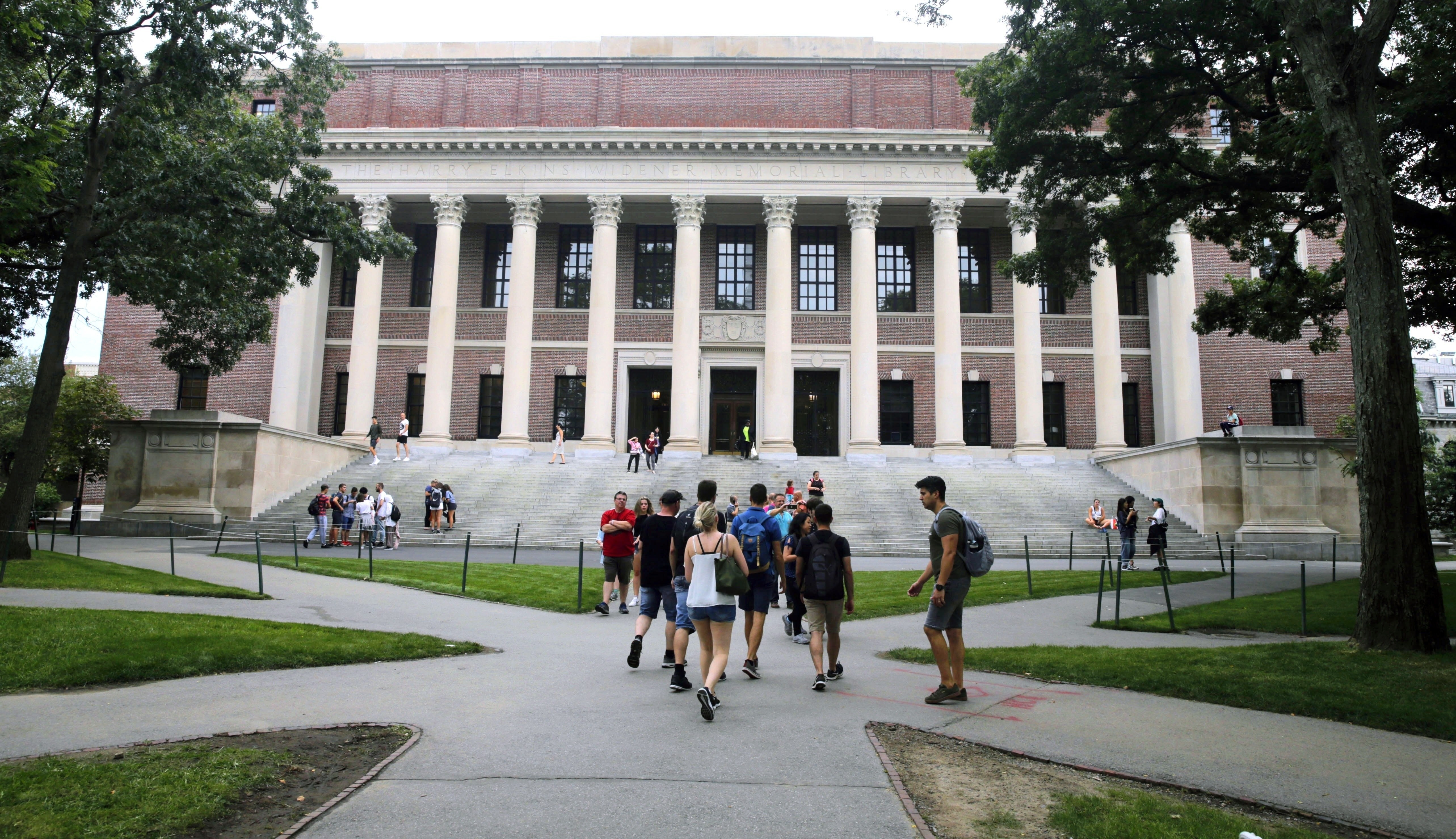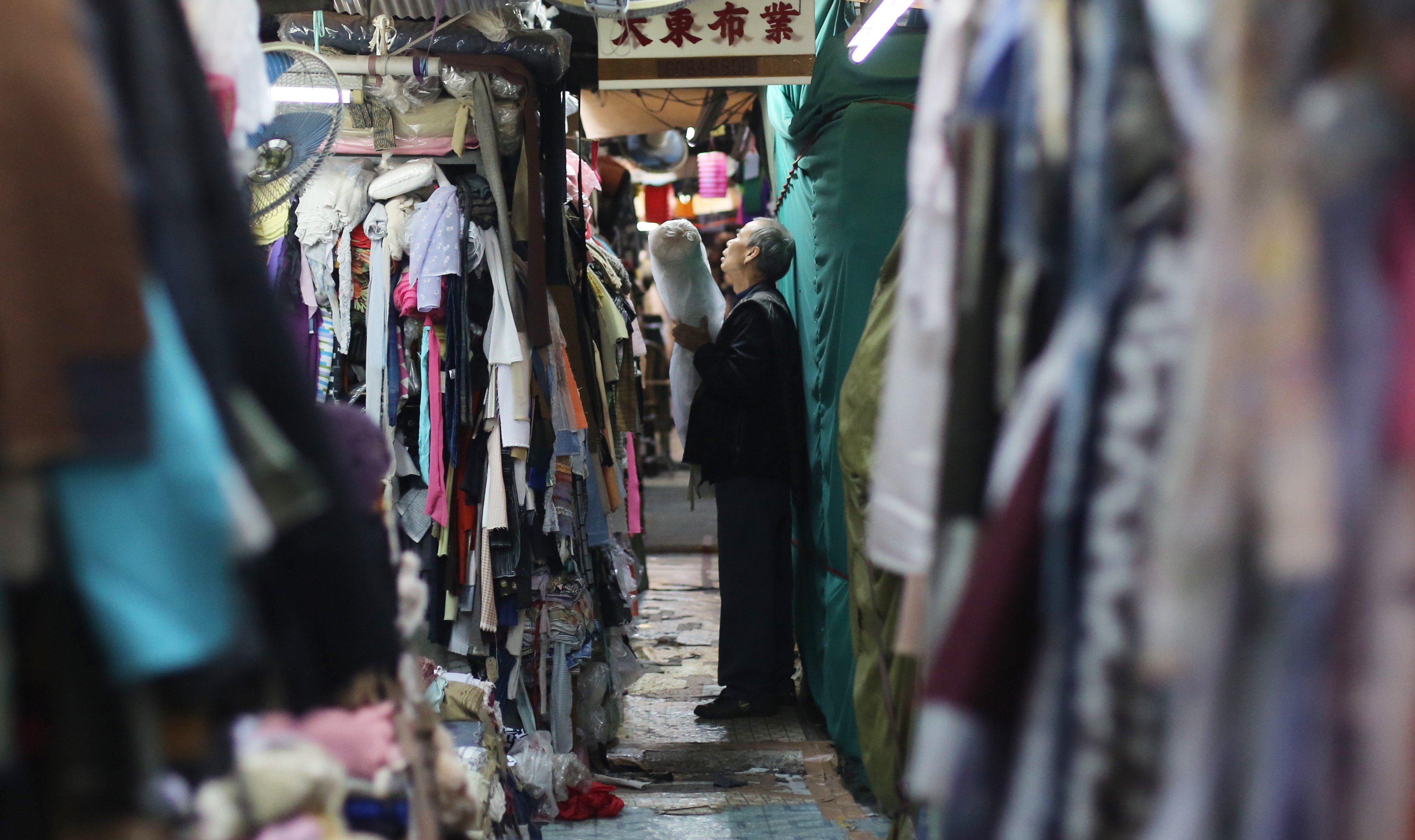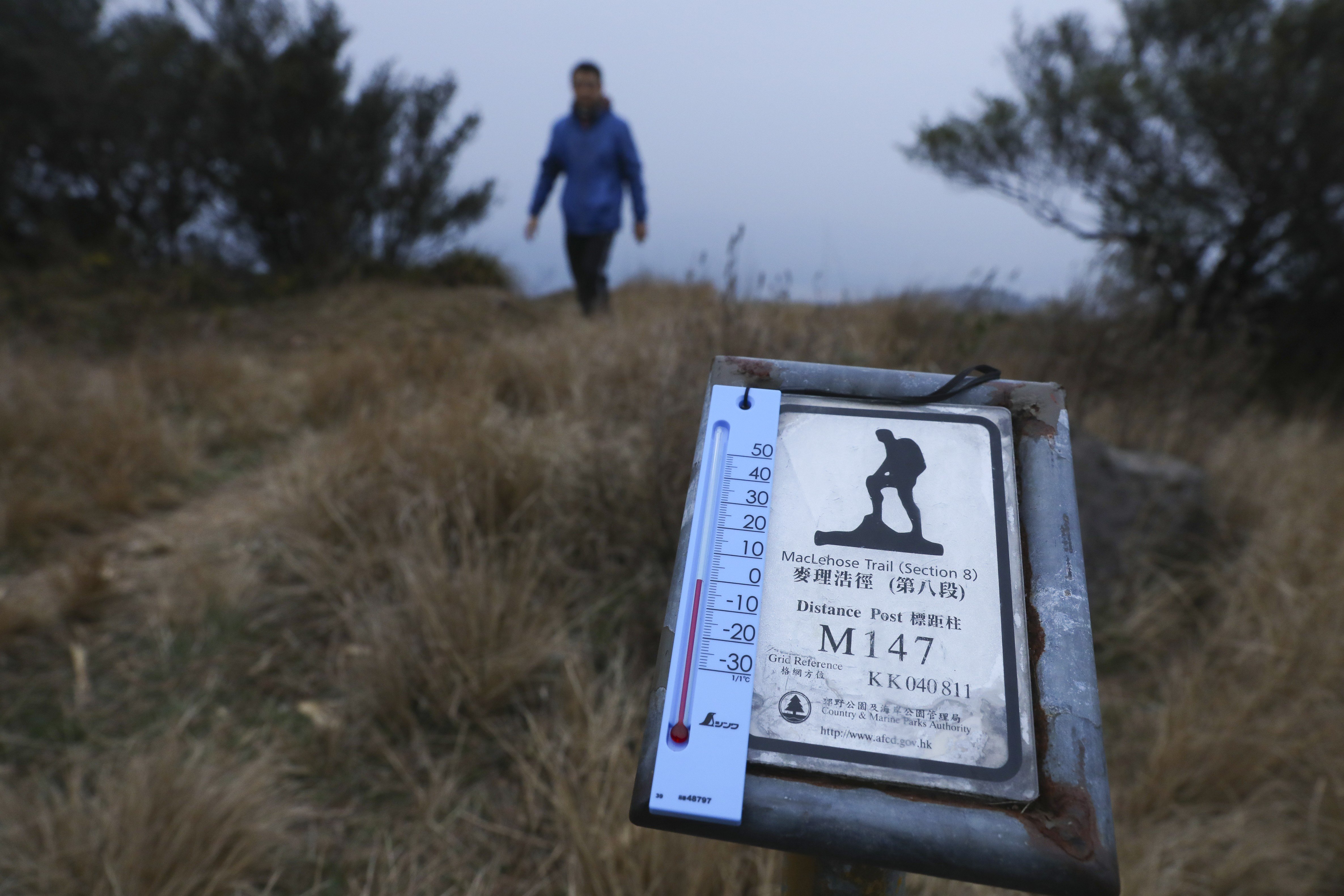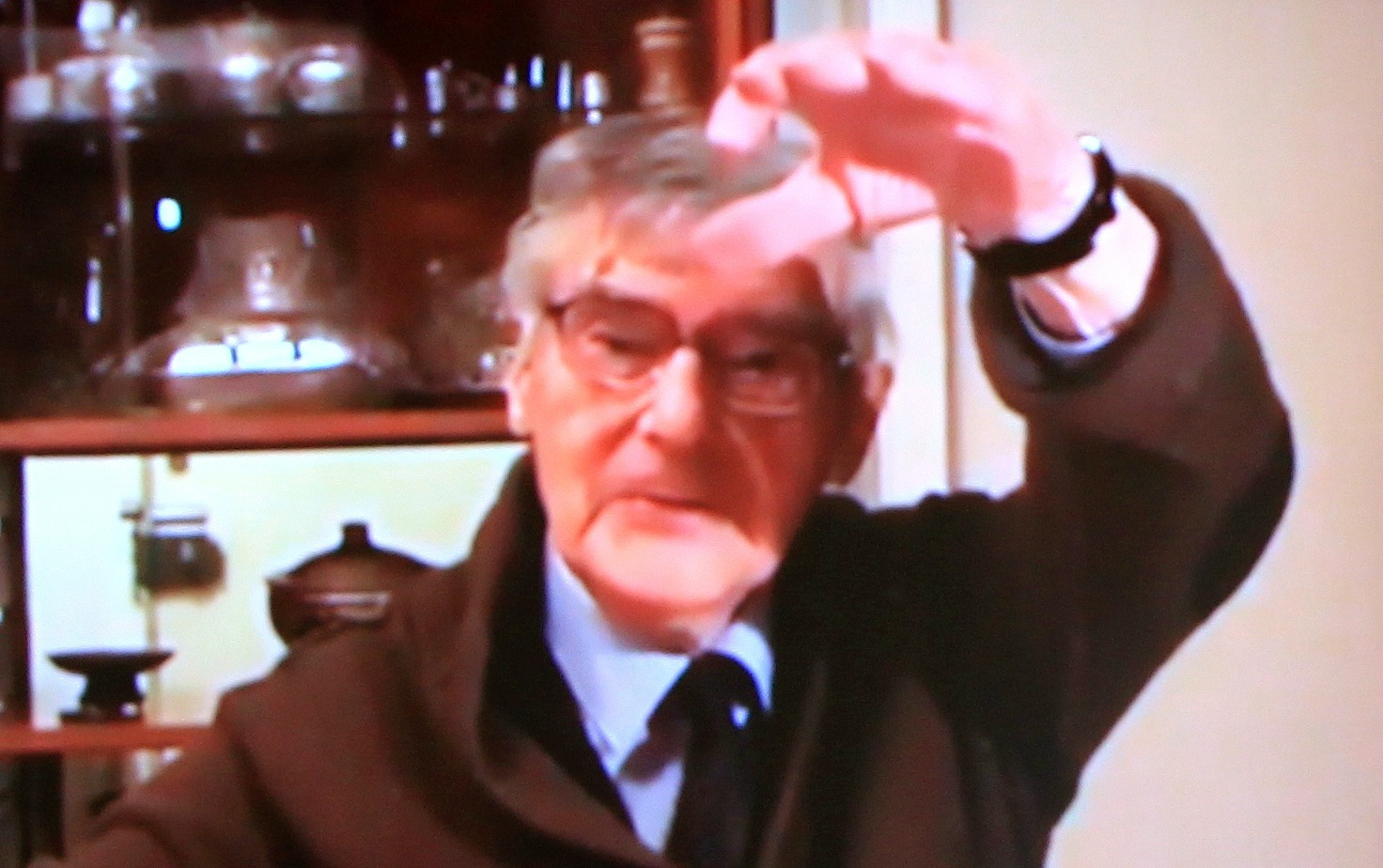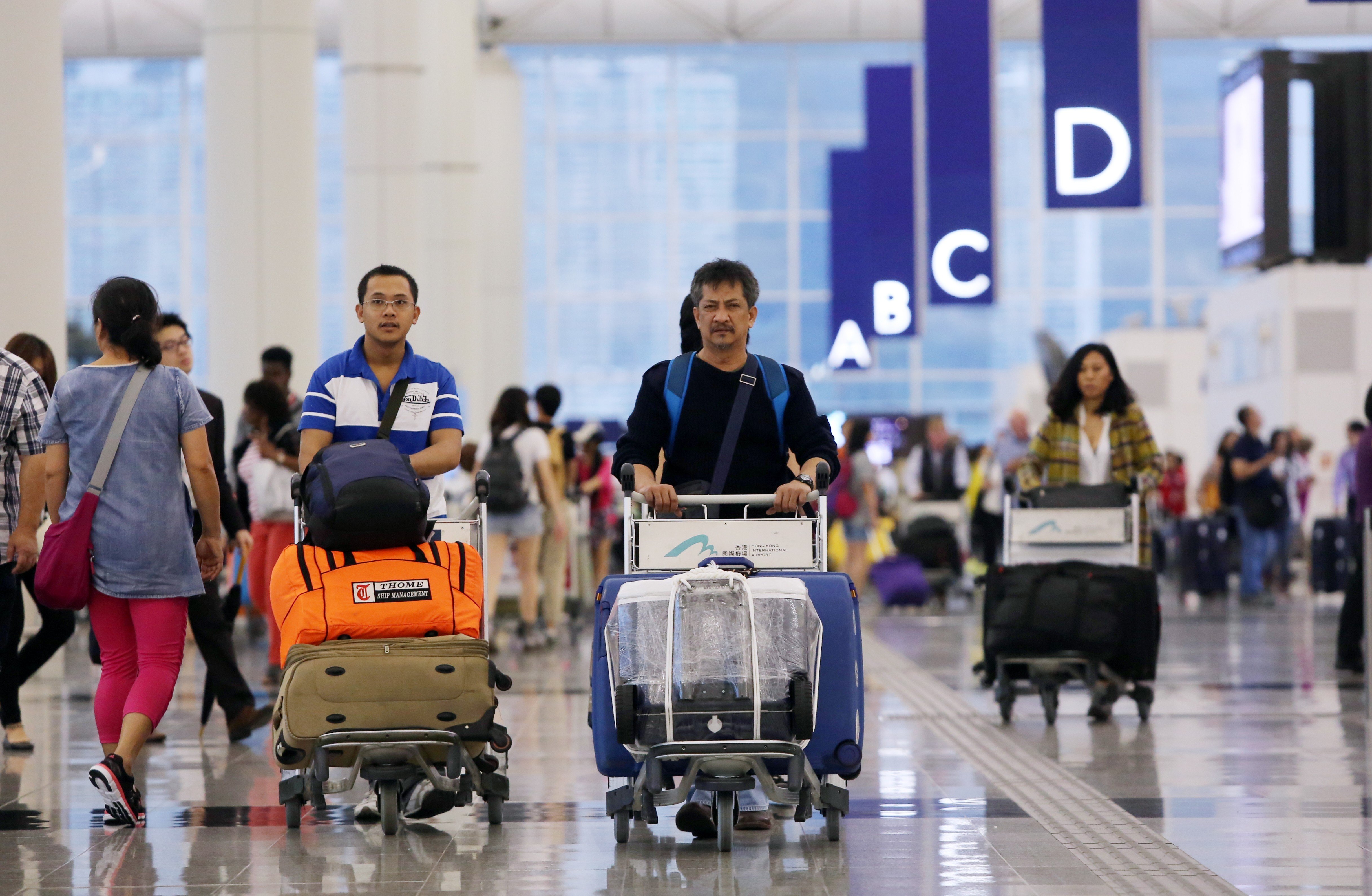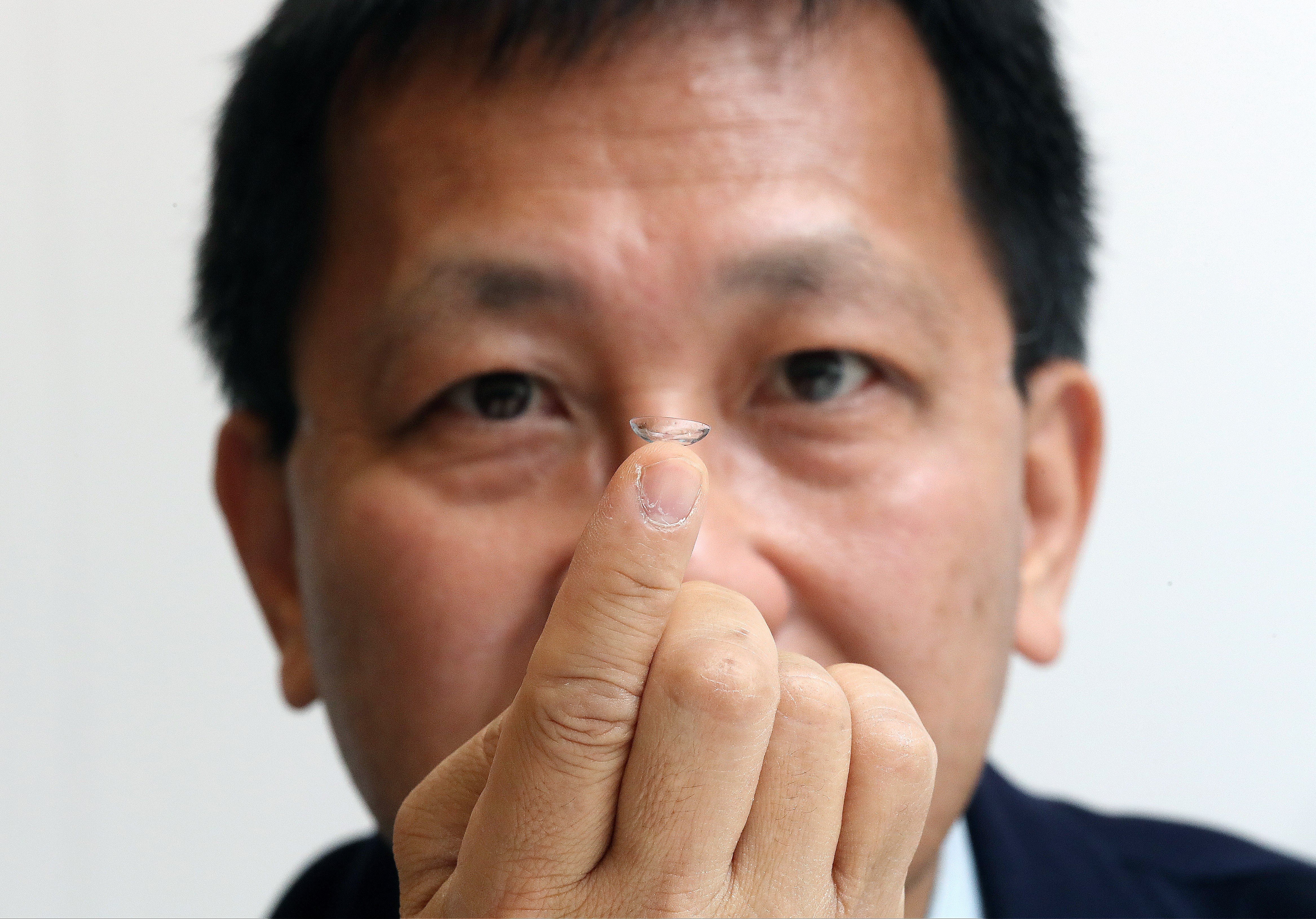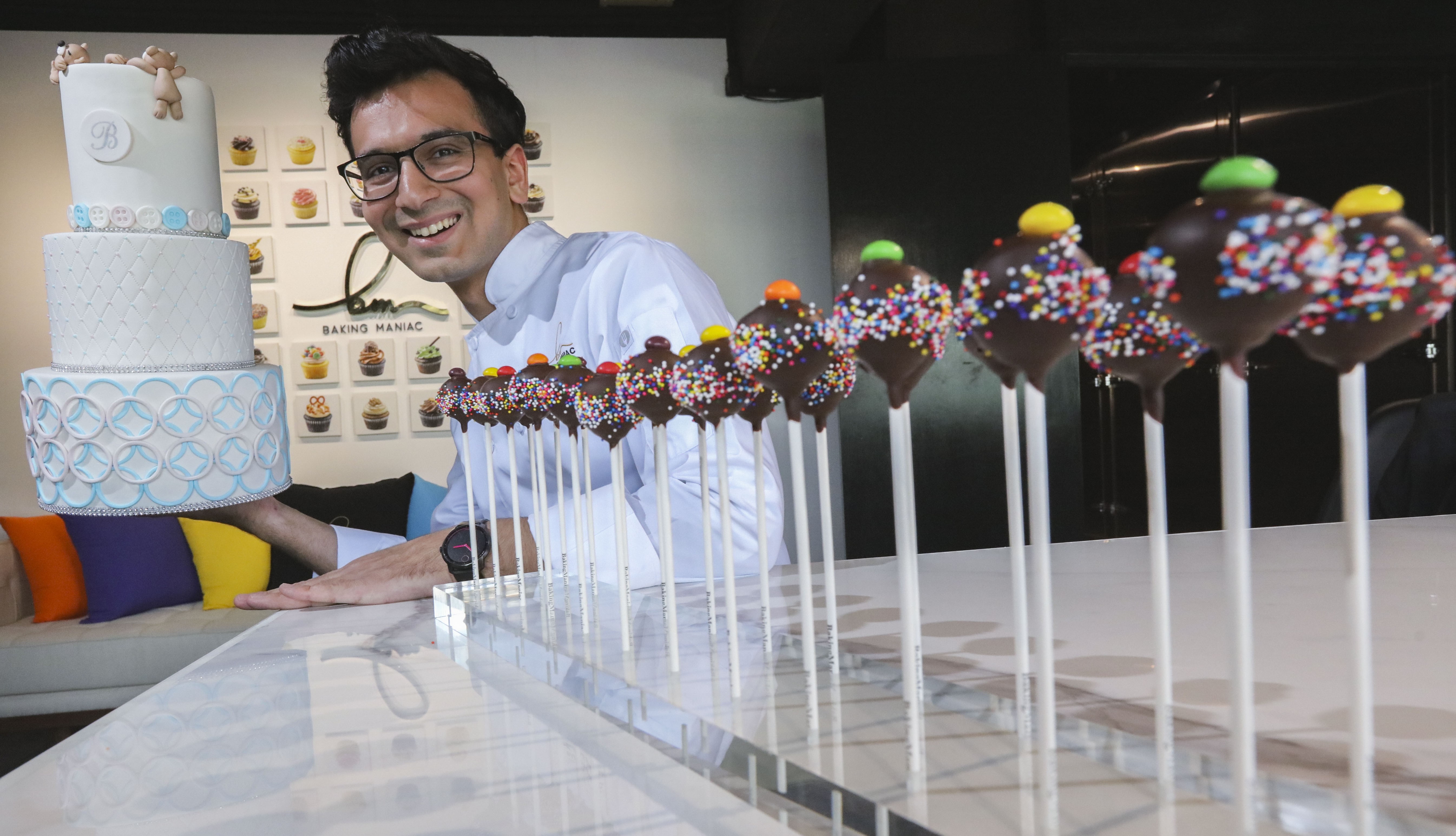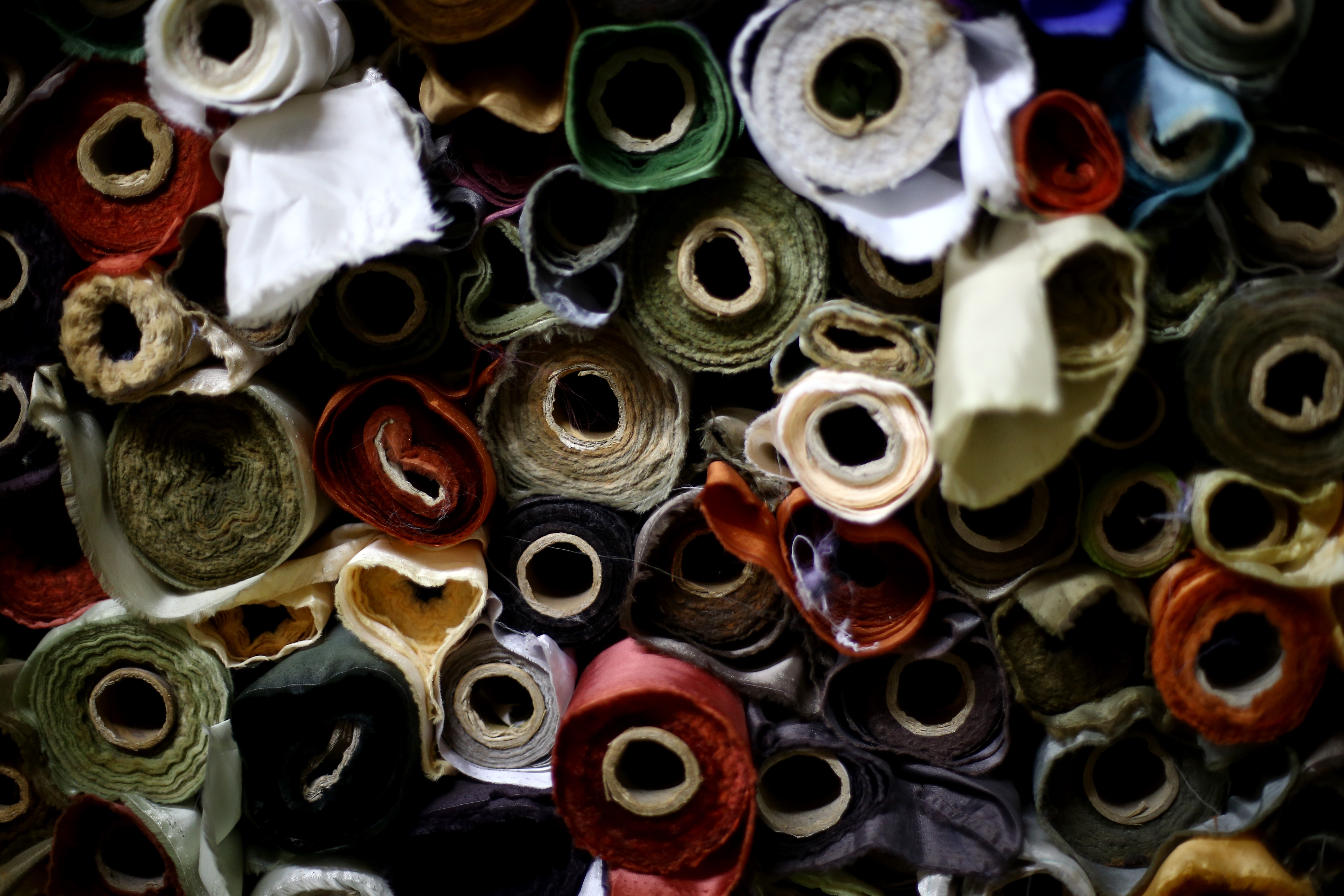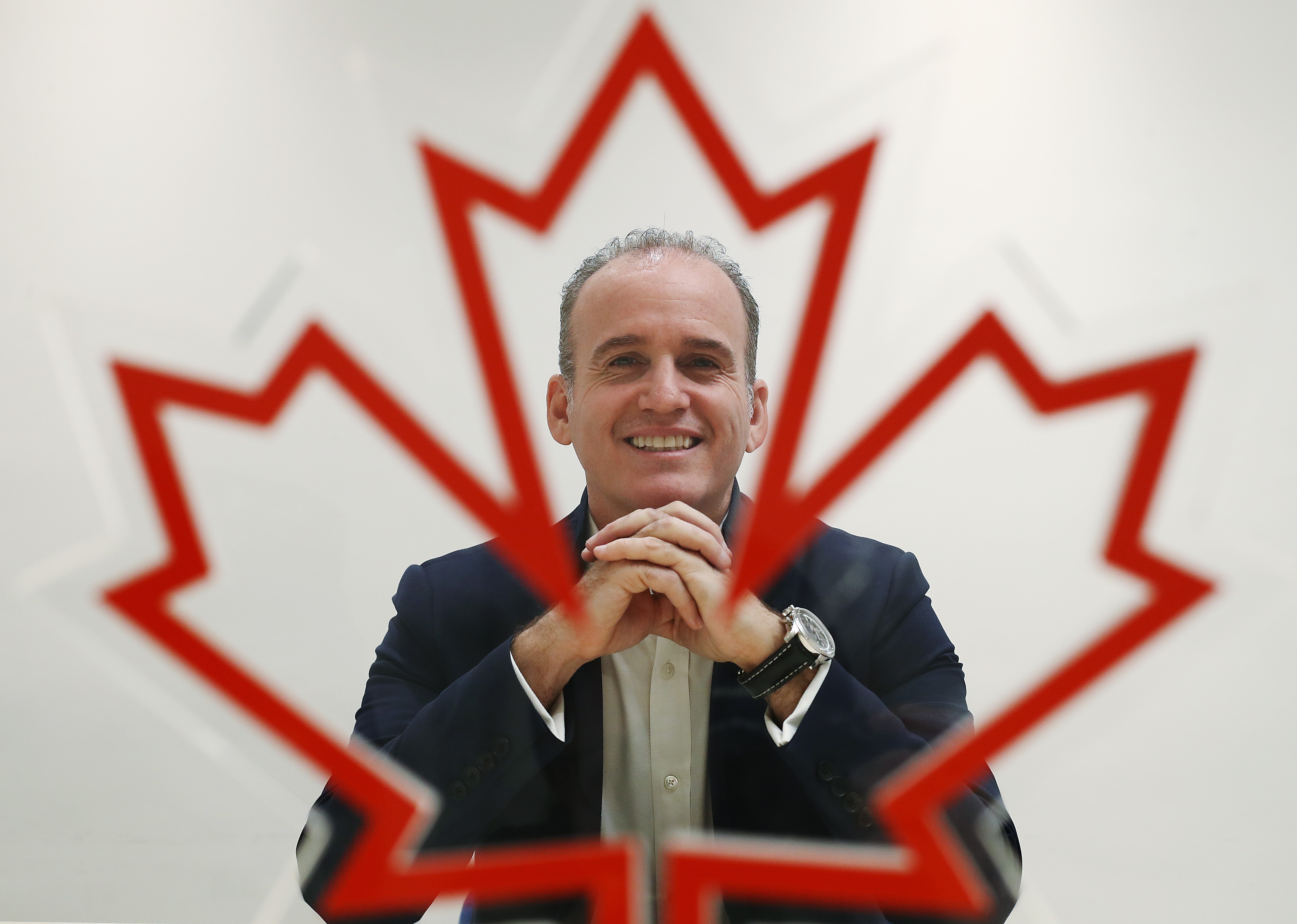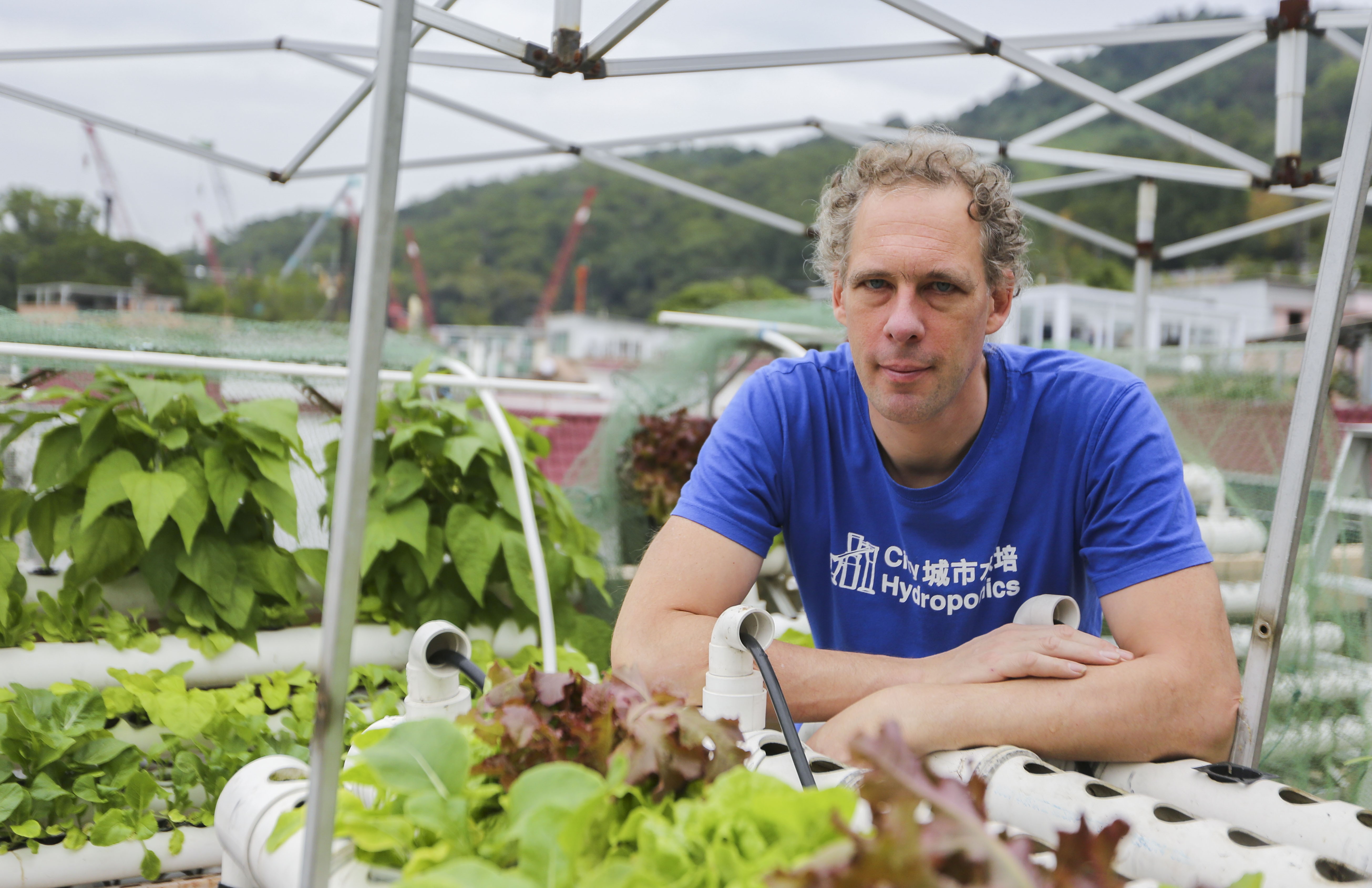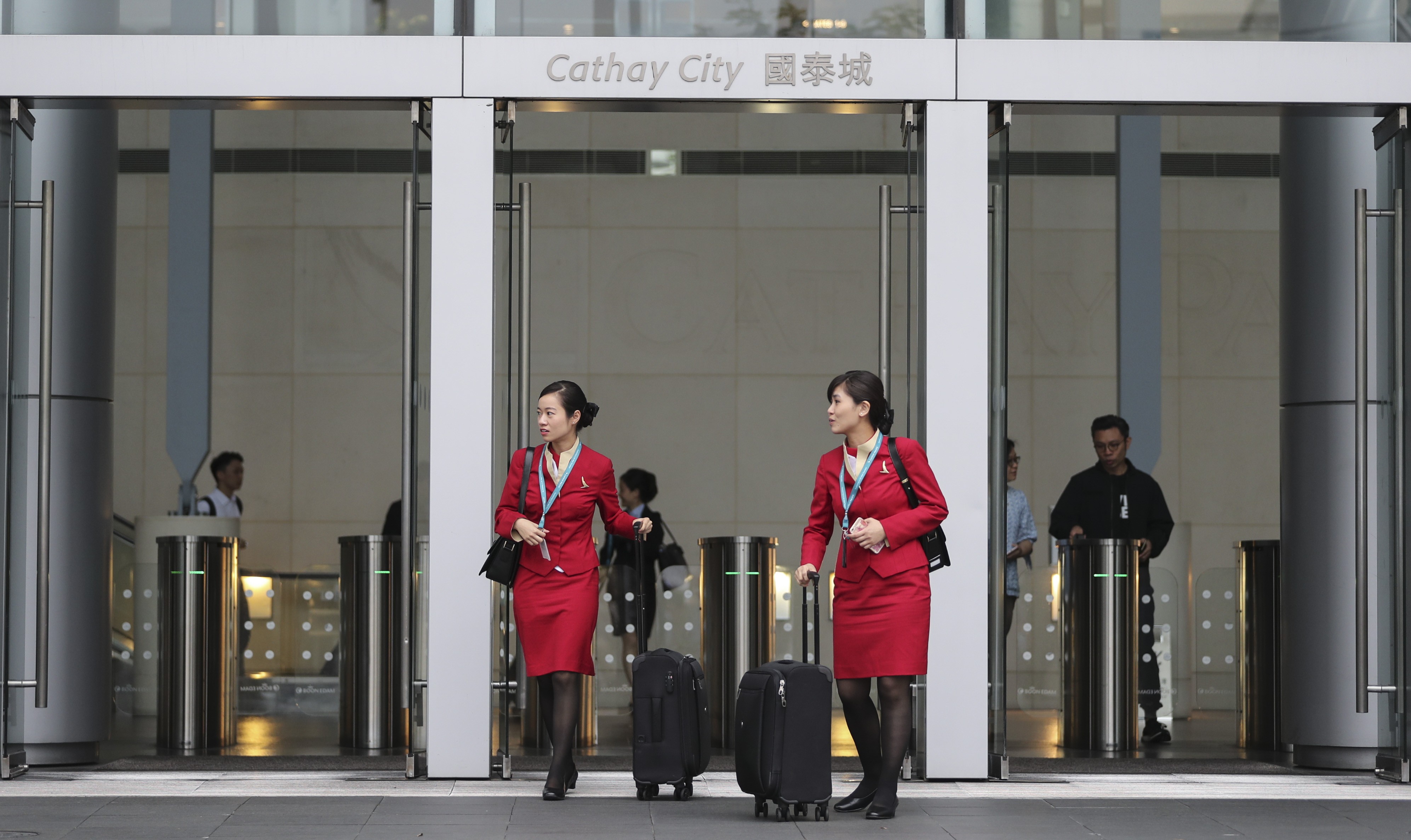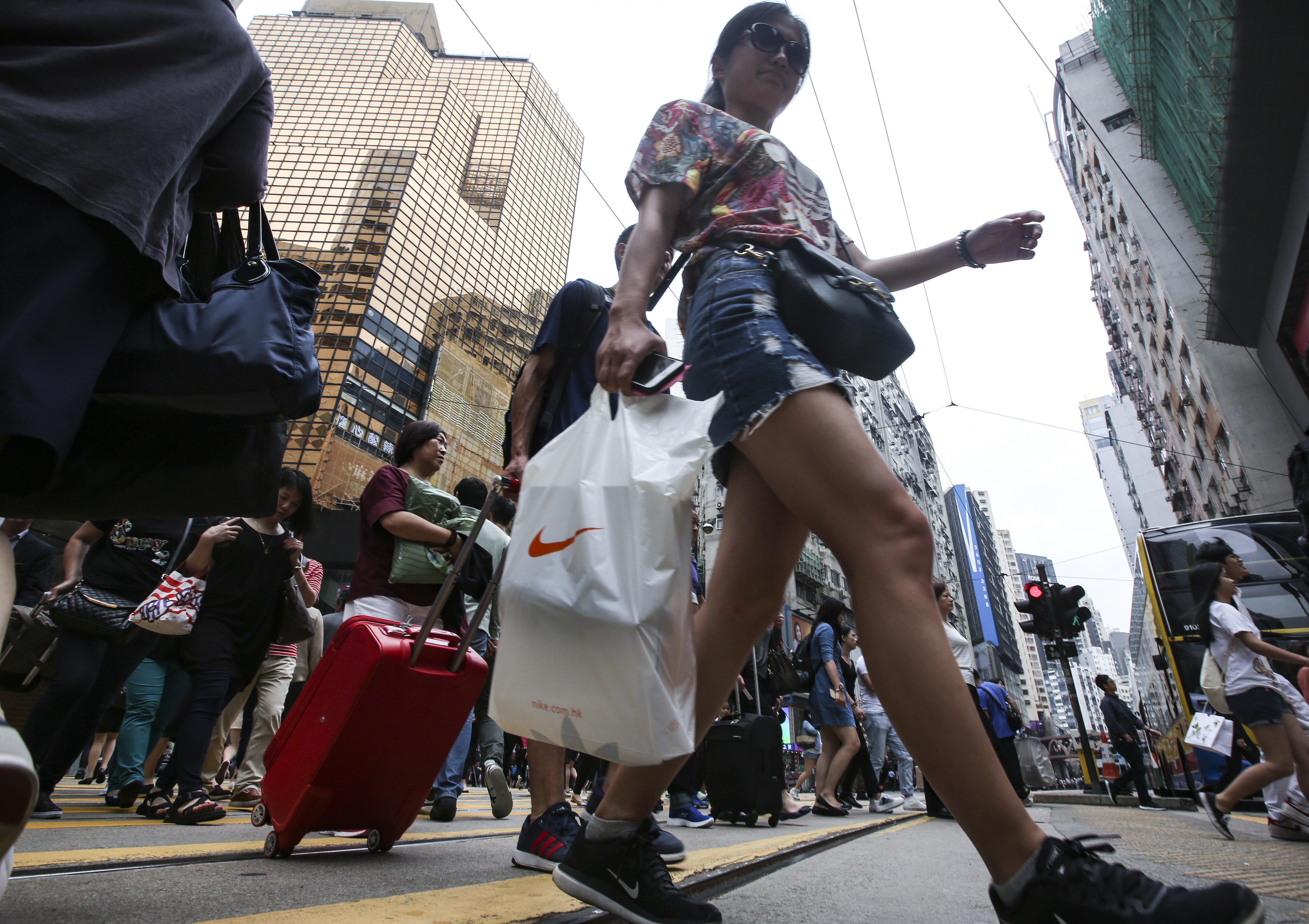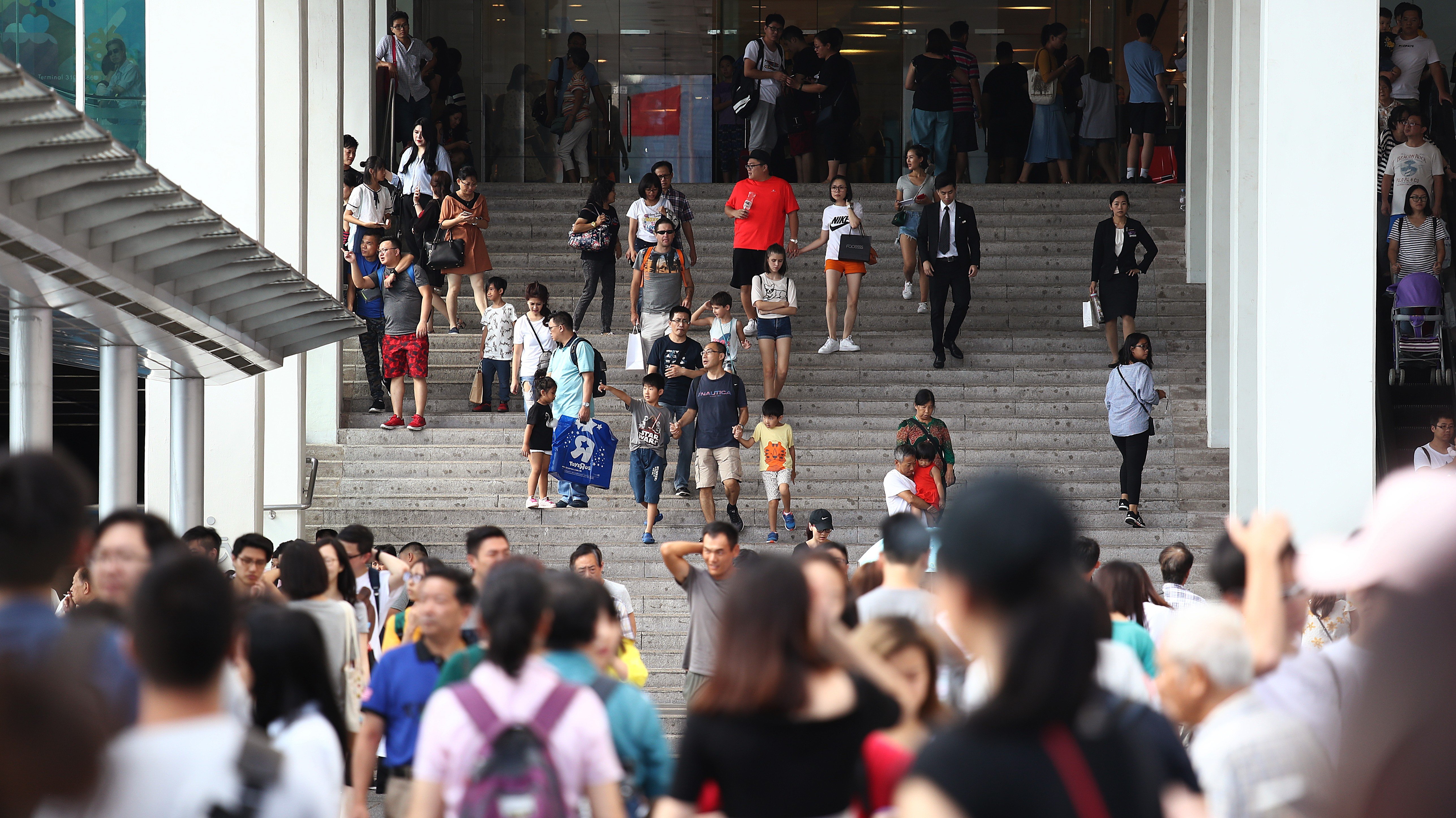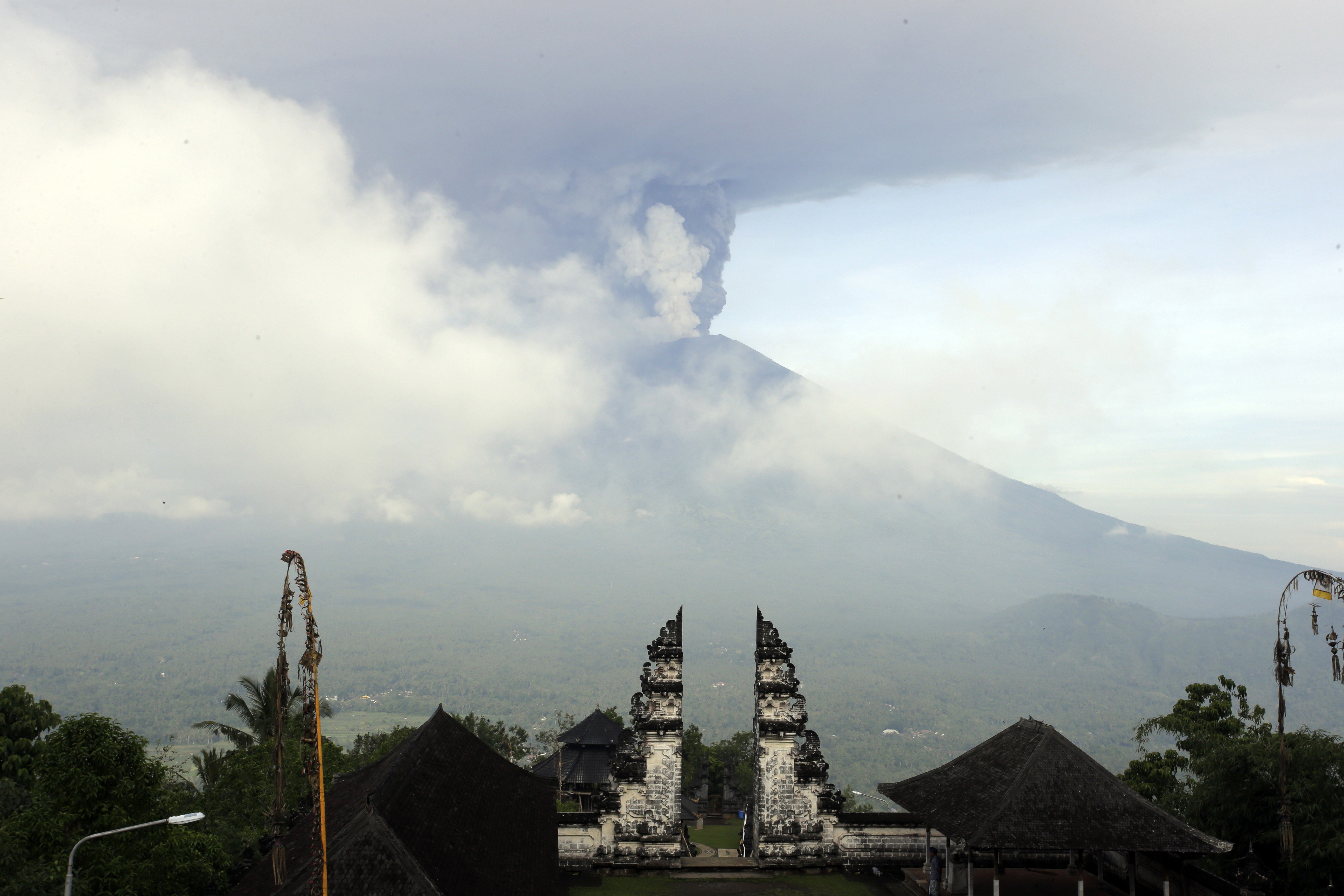
It is all well and good for Hong Kong to ask residents who left during the pandemic to return, but the reasons for their departure remain unaddressed. Trust in the government and public health has ebbed, and until important questions are answered there is little incentive for people to come back.
Nixon’s 1971 decision resulted in a widening wealth gap around the world, irresponsible spending and sky-high asset prices. Hong Kong remains threatened as long as our currency is pegged to the crumbling US dollar and there are no plans in place in case of a currency reset.
Do Hong Kong residents leaving the city, or thinking of doing so, know what is really happening in their future homes? Rampant government spending, red tape and demands for equity and social justice threaten to ruin the new life émigrés are seeking.
Sham Shui Po is a densely-packed maze of cramped flats and cheap, colourful wares for sale. But with its rich cultural heritage, plans are afoot to make it a magnet for designers and tourists alike
Government asked Google to remove content for ‘national security’ reasons – although no law existed to grant such a request
But subscribers could get lines starting with ‘lucky’ digit 8, which will also be among 10.6 million new phone numbers issued to satisfy intense demand
Relief from the cold snap is forecast to begin from Wednesday, with daytime temperature highs hovering in the mid to high teens
Architect designed the first public housing estates in the city with their own bathrooms and kitchens to give families living in cramped spaces dignity
Yet as an open economy, city won’t mean tell investors what to buy and not buy
A survey of over 500 business executives found that 73 per cent of them said the city was falling behind others in technology and innovation
Secretary for Labour and Welfare Law Chi-kwong says principals and school management committees ‘misunderstand’ guidelines on reporting abuse
Developed by Polytechnic University researchers, the device is the first of its kind and could slow progression of the condition by up to 60 per cent
After years working from his home kitchen – and graduating from university – Ankrish Gidwani has opened a business to put his passion to good use
Workers and local supporters say recently introduced voluntary code of practice does not act as a deterrent to unscrupulous employment agencies.
Local e-payment giant to offer tap-and-pay functions on newest Samsung phones, as battle with mainland competitors heats up
Flight attendants union had asked for 3.5 per cent increase but accepts offer affecting 80 per cent of company staff amid restructuring

